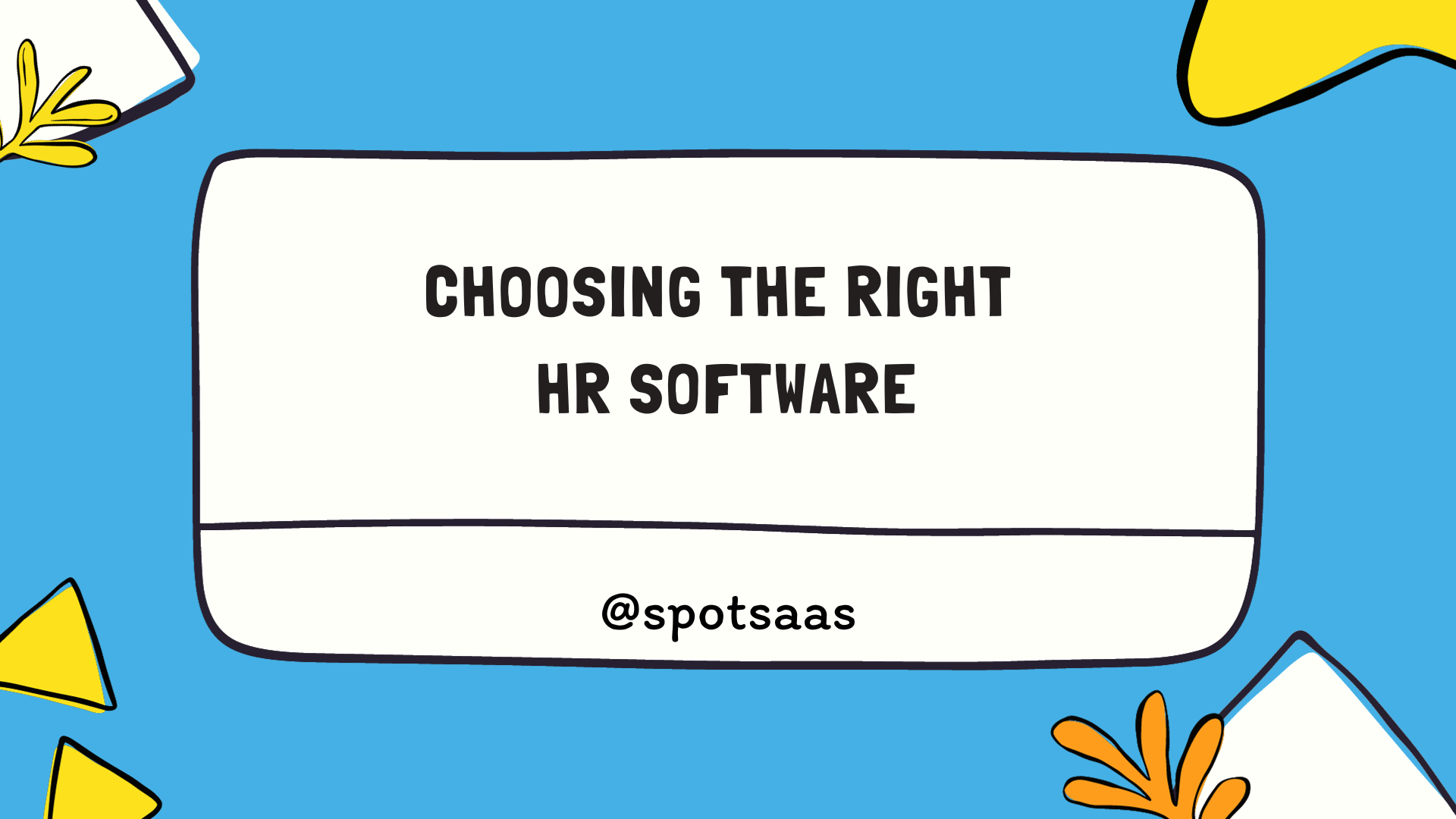Is your project stalling and you’re unsure why? It might be missing the guiding force of a dedicated project sponsor. These senior leaders carry key responsibilities, including steering projects toward success and helping overcome any obstacles along the way.
Our blog post will shed light on the crucial role project sponsors play, ensuring smooth sailing for your ventures. Ready to unlock the secret behind successful projects? Dive in!
Key Takeaways
- A project sponsor is a senior leader who ensures the successful execution of a project by providing guidance, support, and resources.
- The key responsibilities of a project sponsor include starting the project, backing it up with resources, leading the team, setting goals and benefits, ensuring rules are followed, managing stakeholder expectations, and providing support to mitigate risks.
- The role of a project sponsor is important as they establish the project vision, set clear goals and benefits for the team to work towards, and ensure adherence to governance guidelines.
- A successful project sponsor possesses authority and credibility, knowledge of both the subject matter and organization, commitment and engagement in the project’s success, and builds relationships with stakeholders.
The Role of a Project Sponsor

A project sponsor plays a crucial role in providing overall guidance, direction, and support to ensure the successful execution of a project.
Definition of a project sponsor
A project sponsor is a top-level person in a company. They have the job to make sure a project ends well. They do this by offering support and giving what the project needs to do its work.
The role of the sponsor starts when they check if a job can be done and if it will bring good things to the company. From start till end, they keep an eye on how things go with the job and step in if trouble comes up.
Key responsibilities of a project sponsor
A project sponsor is a key player in project management. They hold many important duties. Below are some of the main tasks they handle.
- The project sponsor starts the project: They do this by looking at how useful it could be and what it will cost.
- They back up the project: By giving resources like time, money, and people.
- The project sponsor leads the team: The team looks up to them for guidance and orders.
- They set goals for the project: They also tell everyone what good things will come from finishing the work.
- The project sponsor makes sure rules are followed: This means seeing to it that all guidelines are used in carrying out tasks.
- They manage stakeholder expectations: This can mean talking with other people who have an interest in the project’s result.
- Lastly, they provide needed support to keep risks low and help ensure success.
Importance of a Project Sponsor

The project sponsor plays a crucial role in ensuring the success of a project by establishing the project vision, setting goals and benefits, and ensuring adherence to governance guidelines.
Establishing project vision
A project sponsor sets the vision for a project. They think about what is best for the whole company. They use their big picture view to make plans for the future of the project. The goal is not just getting work done now, but also planning ahead.
This helps set up success for long-term goals and gains. The project sponsor’s job is to share this vision with everyone else on the team.
Setting project goals and benefits
A crucial role of a project sponsor is to set clear goals and define the benefits that the project will deliver. The project sponsor works closely with stakeholders to understand their needs and expectations, and then translates them into specific objectives for the project.
These goals serve as a roadmap for the entire team, guiding their efforts towards achieving successful outcomes. In addition to setting goals, the project sponsor also identifies the potential benefits that the project can bring to the organization or business.
This helps in building support and justifying resources for the project’s execution. By defining both goals and benefits, the project sponsor ensures that everyone involved in the project understands its purpose and can work towards its successful completion.
Ensuring project governance guidelines
The project sponsor plays a crucial role in ensuring that the project follows governance guidelines. They are responsible for establishing and maintaining these rules and procedures throughout the project’s lifespan.
By doing so, they ensure that the project is aligned with organizational policies and industry standards.
One of the ways the project sponsor ensures project governance is by defining clear roles and responsibilities for everyone involved. This helps in avoiding confusion and duplication of efforts within the team.
The sponsor also sets up regular meetings to review progress, address any issues or risks, and make necessary adjustments to keep the project on track.
Another important aspect of governance is risk management. The project sponsor works closely with stakeholders to identify potential risks, assess their impact, and develop strategies to mitigate them.
This includes setting up effective communication channels between team members, stakeholders, and relevant authorities to facilitate timely reporting of risks and decision-making.
Project Sponsor vs. Other Project Management Roles
The roles of a project sponsor, project manager, project owner, and project stakeholder differ in their responsibilities and areas of focus within a project.
Differences between project sponsor, project manager, project owner, and project stakeholder
A project sponsor is a senior manager who provides resources and support for a project. They initiate the project, conduct feasibility analyses, and ensure its success. The project manager is responsible for overseeing the day-to-day activities of the project team and ensuring that tasks are completed on time.
The project owner refers to someone who has a vested interest in the outcome of the project, such as an executive or department head. Finally, stakeholders are individuals or groups affected by the project and may include customers, employees, or investors.
Each role has distinct responsibilities and contributes to the overall success of the project.
Qualities of a Successful Project Sponsor

A successful project sponsor possesses authority, credibility, and a deep knowledge of both the subject matter and the organization. They are committed and engaged in the project, actively building relationships and networks to support its success.
Authority and credibility
The authority and credibility of a project sponsor are crucial for their success in guiding a project. As a senior manager, the project sponsor has the power and influence to make important decisions impacting the project’s direction.
They have the authority to allocate resources, set priorities, and make strategic choices that align with the organization’s goals. Their credibility comes from their knowledge and experience in managing projects successfully.
The project team trusts their judgment and values their input because they have proven themselves capable of making informed decisions. With both authority and credibility, the project sponsor can effectively lead the team towards achieving project objectives.
Knowledge of subject matter and organization
A successful project sponsor needs to have a good understanding of the subject matter and organization. They should be knowledgeable about the technology and processes involved in the project.
This knowledge helps them make informed decisions and provide valuable guidance to the project team. The project sponsor also needs to understand the goals, objectives, and strategic direction of the organization.
This ensures that the project aligns with the overall vision and mission of the company. With this knowledge, they can effectively communicate with stakeholders, manage expectations, and ensure that resources are allocated appropriately for project success.
Commitment and engagement
A successful project sponsor is committed and engaged in the project’s success. They actively participate and invest their time, effort, and resources to ensure that the project stays on track.
Their commitment is evident through their involvement in important decision-making processes, attending crucial meetings, and providing continuous support to the project team. Engaging with stakeholders and maintaining open lines of communication is also a key aspect of their role.
By being dedicated and involved throughout the project lifecycle, a committed and engaged project sponsor can help drive the project towards success.
Building relationships and networks
Building relationships and networks is a crucial aspect of being a successful project sponsor. By fostering strong connections with stakeholders, team members, and other key individuals, the project sponsor can ensure effective communication and collaboration throughout the project’s lifecycle.
This involves actively engaging with stakeholders to understand their needs and expectations, as well as building trust and rapport within the project team. Additionally, the project sponsor should establish networks both inside and outside the organization to stay informed about industry trends, gather expertise from relevant sources, and leverage resources for the project’s success.
By actively building relationships and networks, the project sponsor can create a positive environment conducive to achieving project goals efficiently.
Challenges Faced and Tips for Effective Project Sponsorship

Challenges with project sponsorship can include balancing competing priorities, managing stakeholder expectations, and resolving conflicts. Discover effective tips for navigating these challenges and becoming a successful project sponsor in our blog post.
Challenges with project sponsorship
One challenge that project sponsors may face is a lack of time and availability. Because project sponsors are typically senior managers with many responsibilities, they may struggle to dedicate enough time to fully support the project.
This can lead to delays in decision-making or difficulty providing guidance and direction to the project team.
Another challenge is ensuring effective communication between the project sponsor, project manager, and other stakeholders. Clear and consistent communication is crucial for successful project sponsorship, but it can be challenging when there are multiple parties involved.
Misunderstandings or miscommunications can result in confusion or delays in the execution of the project.
Furthermore, another challenge is managing stakeholder expectations. As a representative of the organization, the project sponsor must balance competing priorities and manage expectations from different stakeholders.
This requires strong leadership skills and an ability to navigate conflicting interests while keeping everyone aligned towards achieving the project goals.
Tips for effective project sponsorship
- Be actively involved in the project from start to finish, providing guidance and support to the project team.
- Clearly communicate project objectives and expectations to all stakeholders involved.
- Foster strong relationships and open lines of communication with the project team, promoting collaboration and trust.
- Regularly review project progress and provide timely feedback, addressing any issues or risks that may arise.
- Ensure alignment between the project goals and the overall strategic objectives of the organization.
- Advocate for necessary resources, such as funding and personnel, to ensure the successful execution of the project.
- Stay informed about industry trends and best practices related to project management, continuously improving your own knowledge and skills.
- Manage stakeholder expectations by keeping them informed about project status updates and involving them in decision-making processes when needed.
- Take responsibility for managing risks associated with the project, proactively identifying potential obstacles and developing contingency plans.
Conclusion
In conclusion, the role of a project sponsor is crucial for the success of a project. As a senior manager, they provide resources and support to ensure the timely completion of the project.
By overseeing updates, managing stakeholders, and securing necessary resources, the project sponsor plays a vital role in guiding and facilitating projects towards their goals.
Frequently Asked Questions
What is the role of a project sponsor?
A project sponsor is responsible for providing overall guidance, support, and resources for a project to ensure its success.
What are the main responsibilities of a project sponsor?
The main responsibilities of a project sponsor include setting clear objectives, securing funding and resources, making key decisions, and monitoring the progress of the project.
Can anyone be a project sponsor?
Not anyone can be a project sponsor. It is usually someone with authority within an organization who has the necessary knowledge and experience to oversee and support the project.
How does a project sponsor contribute to the success of a project?
A project sponsor contributes to the success of a project by providing strategic direction, removing obstacles, ensuring stakeholder buy-in, and advocating for the necessary resources.
Is it possible for one person to be both a project manager and a project sponsor?
Yes, it is possible for one person to fulfill both roles if they have the expertise and capacity to do so effectively. However, in larger projects or organizations it may be preferable to have separate individuals serving as the manager and sponsor for better accountability and oversight.




